I’ve just returned from my second trip to Portugal in the past few months, spending a couple of long weekends in Lisbon and then Porto. I’ve fallen in love with everything Portuguese; the architecture, the food, the people, the wine, the tiles and the pastel de nata of course! I’ve been diving into these books set in Portugal to accompany me on my travels; a wide array of literature spanning from past to present.
There are a couple of authors repeated often in this list of books set in Portugal, thanks to their impressive contributions to Portuguese literature. The classic works of The Crime of Father Amaro, The Maias and The City and The Mountains are by José Maria de Eça de Queirós; often considered the greatest Portuguese author in the realist style.
In 1998 the Nobel Prize in Literature was awarded to José Saramago, and just some of his most notable works are listed here; including some specific books set in Portugal – Baltasar and Blimunda, The Year of the Death of Ricardo Reis and The Elephants Journey.
Please note: This post contains affiliate links. For more information, see my disclosures here.
Want two of these Books Set in Portugal for free?
- Try Amazon Audible free for 30 days and get 2 free audiobooks which you can play on loads of devices. Ideal for listening while gazing out the window. Best of all, you can cancel at any time and you can keep your books forever!
Bookstores In Portugal
If you happen to be visiting Portugal, there are two notable bookstores you absolutely shouldn’t miss. In Lisbon, you’ll find Livraria Bertrand, the oldest bookstore in the world that is still in operation. Opened in 1732, that’s a rather impressive feat! Bertrand have a number of locations, the original store (open since 1755) is on Rua Garrett in Chiado.
In Porto, you’ll find Livraria Lello, one of the most beautiful bookstores in existence. It was frequented by J.K. Rowling when she lived in Porto, and it’s often suggested it served as inspiration for Harry Potter. You need to purchase a voucher to enter the store, which will be discounted off any purchase. Vouchers are sold at another location nearby the shop. I highly recommend visiting on a quieter weekday if you can, they have a small English selection with some of these books set in Portugal in stock!
Books Set In Portugal
1.
The Crime of Father Amaro
by Eça de Queirós, 1875
Young, virile Father Amaro arrives in Leiria (in the Centro Region of Portugal) and is taken in as a lodger by São Joaneira. Her budding, devout, dewy-lipped daughter Amélia is soon lusted after by the young priest. What ensues is a secret love affair amidst a host of compelling minor characters: Canon Dias, a priest, glutton, and Sao Joaneira’s lover; Dona Maria da Assuncao, a wealthy widow with a roomful of religious relics, agog at any hint of sex; Joao Eduardo, repressed atheist, free-thinker, and suitor to Amelia.
2.
The Maias
by Eça de Queirós, 1888
Our hero Carlos Maia, heir to one of the greatest fortunes in Portugal, is rich, handsome, generous and intelligent: he means to do something for his country, something useful, something that will make his beloved grandfather proud. However, Carlos is also a bit of a dilettante. He drifts along, becoming a doctor and pottering about in his laboratory, but spends more and more time riding his splendid horses or visiting the theater, having affairs or reading novels.
3.
The City and The Mountains
by Eça de Queirós, 1901
Born in Paris, Jacinto is the heir to a vast estate in Portugal which he has never visited. He mixes with the creme de la creme of Paris society, but is monumentally bored. And then he receives a letter from his estate manager saying that they plan to move the bones of his ancestors to the newly renovated chapel—would he like to be there? With great trepidation, Jacinto sets off with his best friend, the narrator, on the mammoth train journey through France and Spain to Portugal. What they discover in the simple country life will upend their own lives deliciously….
4.
An Explanation of the Birds
by António Lobo Antunes, 1981
Rui S, a political historian, is unable to accept the circumstances of his life: his mother’s death from cancer, his estrangement from his family, his rejection by his first wife and children, his political vacillations and his ambigious feelings for his second wife.
5.
The Book of Disquiet
by Fernando Pessoa, 1982
Fernando Pessoa was many writers in one. He attributed his prolific writings to a wide range of alternate selves, each of which had a distinct biography, ideology and horoscope. When he died in 1935, Pessoa left behind a trunk filled with unfinished and unpublished writings, among which were the remarkable pages that make up his posthumous masterpiece, The Book of Disquiet, an astonishing work that, in George Steiner’s words, “gives to Lisbon the haunting spell of Joyce’s Dublin or Kafka’s Prague.”
6.
Baltasar and Blimunda
by José Saramago, 1982
When King and Church exercise absolute power what happens to the dreams of ordinary people? In early eighteenth century Lisbon, Baltasar, a soldier who has lost a hand in battle, falls in love with Blimunda, a young girl with visionary powers. From the day that he follows her home from the auto-da-fe where her mother is condemned and sent into exile, the two are bound body and soul by a love of unassailable strength.
7.
Journey to Portugal: In Pursuit of Portugal’s History and Culture
by José Saramago, 1983
When José Saramago decided to write a book about Portugal, his only desire was that it be unlike all other books on the subject, and in this he certainly has succeeded. Recording the events and observations of a journey across the length and breadth of the country that he loves dearly, this travelogue brings Portugal to life as only a writer of Saramago’s brilliance can.
8.
The Year of the Death of Ricardo Reis
by José Saramago, 1984
The world’s threats are universal like the sun but Ricardo Reis takes shelter under his own shadow.
Back in Lisbon after sixteen years practicing medicine in Brazil, Ricardo Reis wanders the rain-sodden streets. He longs for the unattainably aristocratic Marcenda, but it is Lydia, the hotel chamber maid who makes and shares his bed. His old friend, the poet Fernando Pessoa, returns to see him, still wearing the suit he was buried in six weeks earlier.
9.
The Stone Raft
by José Saramago, 1986
What if, one day, Europe was to crack along the length of the Pyrenees, separating the Iberian peninsula?
In Saramago’s lovely fable, the new island is sent spinning, like a great stone raft, towards the Azores. While the authorities panic and tourists and investors flee, three men, two women and a dog are drawn together by portents that burden them with a bemusing sense of responsibility. Travelling at first packed into a car, then into a wagon, they take to the road to explore the limits of their now finite land, adrift in a world made new by this radical shift in perspective.
10.
Requiem: A Hallucination
by Antonio Tabucchi, 1991
Requiem‘s narrator has an appointment to meet someone on a quay by the Tagus in Lisbon at twelve. But, it turns out, not twelve noon, twelve midnight, so he has a long time to while away. As the day unfolds, he has many encounters—a young junky, a taxi driver who is not familiar with the streets, several waiters, a gypsy, a cemetery keeper, the mysterious Isabel, an accordionist, in all almost two dozen people both real and illusionary. Finally he meets The Guest, the ghost of the long dead great poet Fernando Pessoa. Part travelog, part autobiography, part fiction, and even a bit of a cookbook, Requiem becomes an homage to a country and its people, and a farewell to the past as the narrator lays claim to a literary forebear who, like himself, is an evasive and many-sided personality.
11.
Blindness
by José Saramago, 1995
A city is hit by an epidemic of “white blindness” that spares no one. Authorities confine the blind to an empty mental hospital, but there the criminal element holds everyone captive, stealing food rations and assaulting women. There is one eyewitness to this nightmare who guides her charges—among them a boy with no mother, a girl with dark glasses, a dog of tears—through the barren streets, and their procession becomes as uncanny as the surroundings are harrowing.
Note: Blindness is set in an unnamed city; but was one of the works noted when Saramago was awarded the Nobel Prize for Literature.
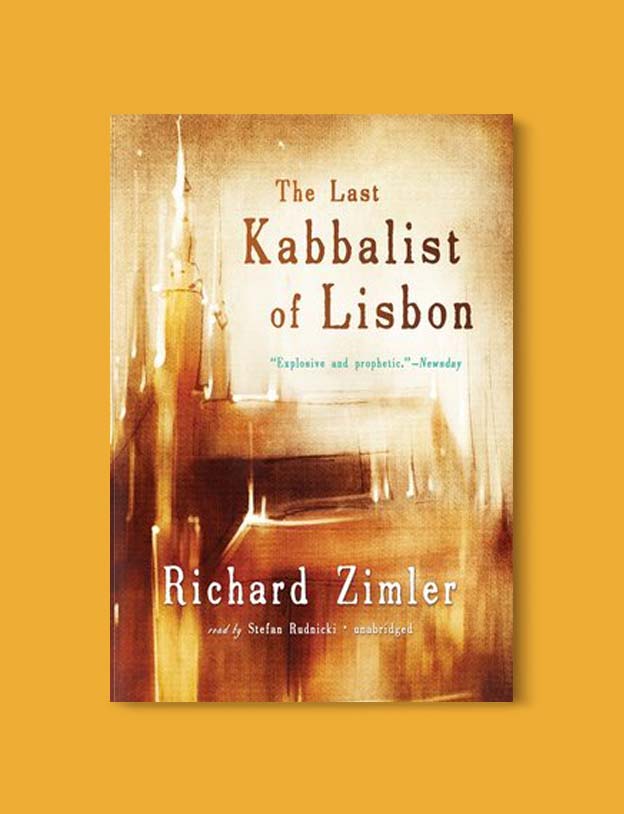
12.
The Last Kabbalist of Lisbon
by Richard Zimler, 1996
The Last Kabbalist of Lisbon, an international bestseller, is an extraordinary novel that transports listeners into the universe of Jewish Kabbalah during the Lisbon massacre of April 1506. Just a few years earlier, Jews living in Portugal were dragged to the baptismal font and forced to convert to Christianity. Many of these New Christians persevered in their Jewish prayers and rituals in secret and at great risk; the hidden, arcane practices of the kabbalists, a mystical sect of Jews, continued as well.
13.
The Anarchist Banker: And Other Portuguese Stories
by Eugénio Lisboa , 1996
This is the first of a two-volume selection of short fiction from Portugal, drawing on late-19th and 20th-century novellas and stories. The text concentrates on writing from before World War II. Included are: Eca de Queiros’s ‘The Idiosyncrasies of a Young Blonde Woman’; Antonio Patricio’s ‘Suze’; Fernando Pessoa’s ‘The Anarchist Banker’; Irene Lisboa’s ‘The Lover’; and Jose Rodrigues Migueis’s ‘Leah’.
14.
The Tale of the Unknown Island
by José Saramago, 1997
A man went to knock at the king’s door and said, ‘give me a boat’. The king’s house had many other doors, but this was the door for petitions. Since the king spent all his time sitting at the door for favors (favors being offered to the king, you understand), whenever he heard someone knocking at the door for petitions, he would pretend not to hear. Why the petitioner required a boat, where he was bound for, and who volunteered to crew for him, the reader will discover in this delightful fable, a philosophic love story worthy of Swift or Voltaire.
Note: this is a short illustrated book that reads like a fable and takes places in an anonymous city.
15.
A Small Death in Lisbon
by Robert Wilson, 1999
In A Small Death in Lisbon, the narrative switches back and forth between 1941 and 1999, and Wilson’s wide knowledge of history and keen sense of place make the eras equally vibrant. In 1941 Germany, Klaus Felsen, an industrialist, is approached by the SS high command in a none-too-friendly manner and is “persuaded” to go to Lisbon and oversee the sale–or smuggling–of wolfram (also known as tungsten, used in the manufacture of tanks and airplanes). World War II Portugal is neutral where business is concerned, and too much of the precious metal is being sold to Britain when Germany needs it to ensure that Hitler’s blitzkrieg is successful.
16.
The Cave
by José Saramago, 2000
Spare and pensive, The Cave follows the fortunes of an aging potter, Cipriano Algor, beginning with his weekly delivery of plates to the Center, a high-walled, windowless shopping complex, residential community, and nerve center that dominates the region. What sells at the Center will sell everywhere else, and what the Center rejects can barely be given away in the surrounding towns and villages. The news for Cipriano that morning isn’t good. Half of his regular pottery shipment is rejected, and he is told that the consumers now prefer plastic tableware.
Note: this novel is set in an anonymous city.
17.
Distant Music
by Lee Langley, 2001
A love affair reoccurs across six centuries in this novel set in Portugal. The story begins in 1429 on Madeira, an island consumed by a fire that has blazed for seven years. A young peasant girl, Esperanca, meets Emanuel, a Jewish boy on shore from a Portuguese sailing ship. The courtship blossoms when he teaches her to read, but they know they must separate when the ship leaves. From that first meeting and parting others flow across the centuries: each life is short and the couple faces peril, tenderness, and horror.
18.
What Can I Do When Everything’s On Fire?
by António Lobo Antunes, 2001
The razor-thin line between reality and madness is transgressed in this Faulknerian masterpiece. What Can I Do When Everything’s On Fire? set in the steamy world of Lisbon’s demimonde—a nightclub milieu of scorching intensity and kaleidoscopic beauty, a baleful planet populated by drag queens, clowns, and drug addicts – is narrated by Paolo, the son of Lisbon’s most legendary transvestite, who searches for his own identity as he recalls the harrowing death of his father, Carlos.
19.
The Double
by José Saramago, 2002
Tertuliano Maximo Afonso is a history teacher in a secondary school. He is divorced, involved in a rather one-sided relationship with a bank clerk, and he is depressed. To lift his depression, a colleague suggests he rent a certain video. Tertuliano watches the film and is unimpressed. During the night, noises in his apartment wake him. He goes into the living room to find that the VCR is replaying the video, and as he watches in astonishment, he sees a man who looks exactly like him – or, more specifically, exactly like the man he was five years before, moustachioed and fuller in the face.
Note: this novel is set in an anonymous city.
20.
The Scent of a Lie
by Paulo Da Costa, 2002
The Scent of a Lie is a book of fourteen inter-connected stories set in two charismatic towns in Portugal where characters weave in and out of the narrative. The book can be read as a novel in fragments. This is a remarkable debut collection of tales told by a true storyteller.
21.
Night Train to Lisbon
by Pascal Mercier, 2004
Raimund Gregorius is a Latin teacher at a Swiss college who one day—after a chance encounter with a mysterious Portuguese woman—abandons his old life to start a new one. He takes the night train to Lisbon and carries with him a book by Amadeu de Prado, a (fictional) Portuguese doctor and essayist whose writings explore the ideas of loneliness, mortality, death, friendship, love, and loyalty. Gregorius becomes obsessed by what he reads and restlessly struggles to comprehend the life of the author. His investigations lead him all over the city of Lisbon, as he speaks to those who were entangled in Prado’s life.
22.
Jerusalem
by Gonçalo M. Tavares, 2005
One morning late in May, between three and six A.M., a group of lonely men and women wait to be brought together, like the elements in an equation. Ernst Spengler is about to throw himself out his window. Mylia, terminally ill and in enormous pain, goes out to visit a church. Hinnerk Obst, who’s always been told by the neighborhood children that he looks like a murderer, walks the streets with a loaded gun. As these characters are manipulated and brought together, a world of violence, fear, pain, and uncertainty is portrayed, where human nature itself, and the mechanisms determining our actions, our fictions, and the elements of our imagination, are laid bare.
Note: this one is written by a Portuguese author, and most of it is set in a psychiatric asylum.
23.
The Piano Cemetery
by José Luís Peixoto, 2006
The extraordinary story of two generations in a Lisbon family of carpenters and of a father’s attempt to outrun his fate in the marathon at the Stockholm Olympics in 1912. Set in the working-class district of Benfica in Lisbon, The Piano Cemetery tells the story of a family, and especially of the hopes and fears of the fathers who pass the baton of the generations on to their sons.
24.
Alentejo Blue
by Monica Ali, 2007
Alentejo Blue is the story of a village community in Portugal, told through the lives of men and women whose families have lived there for generations and some who are passing through. For Teresa, a beautiful girl not yet twenty, Mamarrosa is a place from which to escape. For the dysfunctional Potts family, it is a way of running from trouble (though not eluding it). Vasco, a cafe owner who has never recovered from the death of his American wife, clings to a notion that his years away from the village, in the States, make him superior.
25.
The Elephants Journey
by José Saramago, 2008
In 1551, King João III of Portugal gave Archduke Maximilian an unusual wedding present: an elephant named Solomon. The elephant’s journey from Lisbon to Vienna was witnessed and remarked upon by scholars, historians, and ordinary people. Out of this material, José Saramago has spun a novel already heralded as a triumph of language, imagination, and humor.
26.
Skylight
by José Saramago, 2011
Silvestre and Mariana, a happily married elderly couple, take in a young nomad, Abel, and soon discover their many differences. Adriana loves Beethoven more than any man, but her budding sexuality brings new feelings to the surface. Carmen left Galicia to marry humble Emilio, but hates Lisbon and longs for her first love, Manolo. Lidia used to work the streets, but now she’s kept by Paulo, a wealthy man with a wandering eye.
27.
The High Mountains of Portugal
by Yann Martel, 2016
In Lisbon in 1904, a young man named Tomás discovers an old journal. It hints at the existence of an extraordinary artifact that—if he can find it—would redefine history. Traveling in one of Europe’s earliest automobiles, he sets out in search of this strange treasure.
Thirty-five years later, a Portuguese pathologist devoted to the murder mysteries of Agatha Christie finds himself at the center of a mystery of his own and drawn into the consequences of Tomás’s quest.
28.
300 Days of Sun
by Deborah Lawrenson, 2016
Traveling to Faro, Portugal, journalist Joanna Millard hopes to escape an unsatisfying relationship and a stalled career. Faro is an enchanting town, and the seaside views are enhanced by the company of Nathan Emberlin, a charismatic younger man. But behind the crumbling facades of Moorish buildings, Joanna soon realizes, Faro has a seedy underbelly, its economy compromised by corruption and wartime spoils. And Nathan has an ulterior motive for seeking her company: he is determined to discover the truth involving a child’s kidnapping that may have taken place on this dramatic coastline over two decades ago.
What do you think of these books set in Portugal?
Have some great books set in Portugal that I’ve missed? Are you planning a trip to Portugal soon? Are you interested in other books set in Europe? I’d love to hear about more about your travels and tips for books set in Portugal in the comments below!

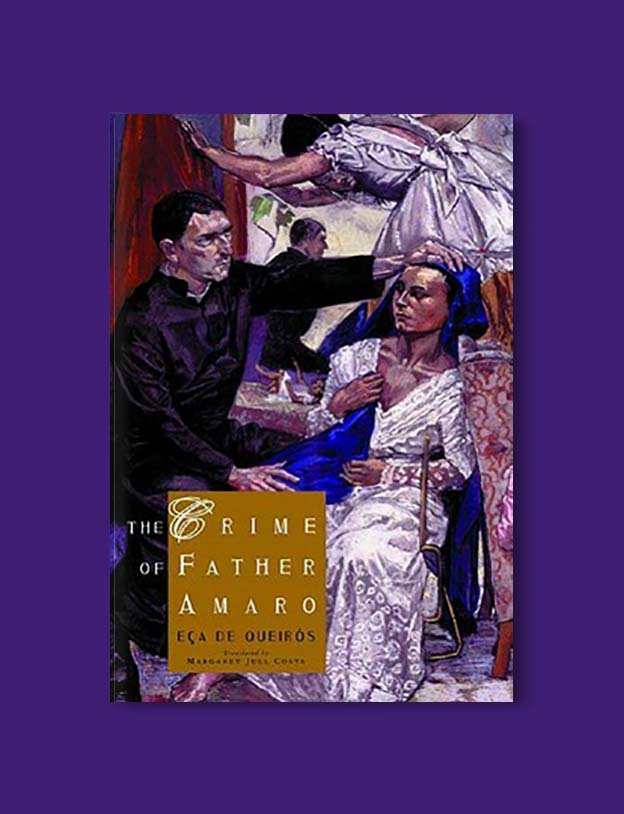

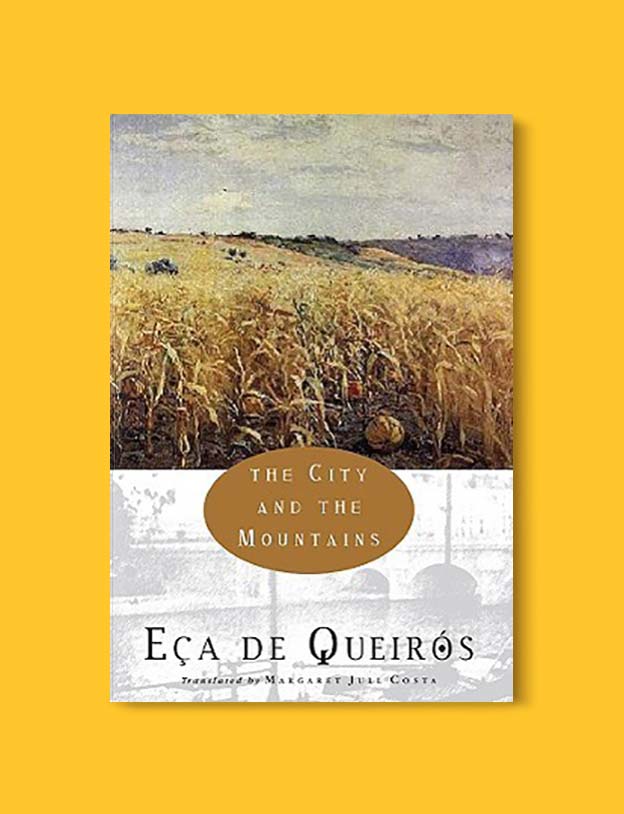
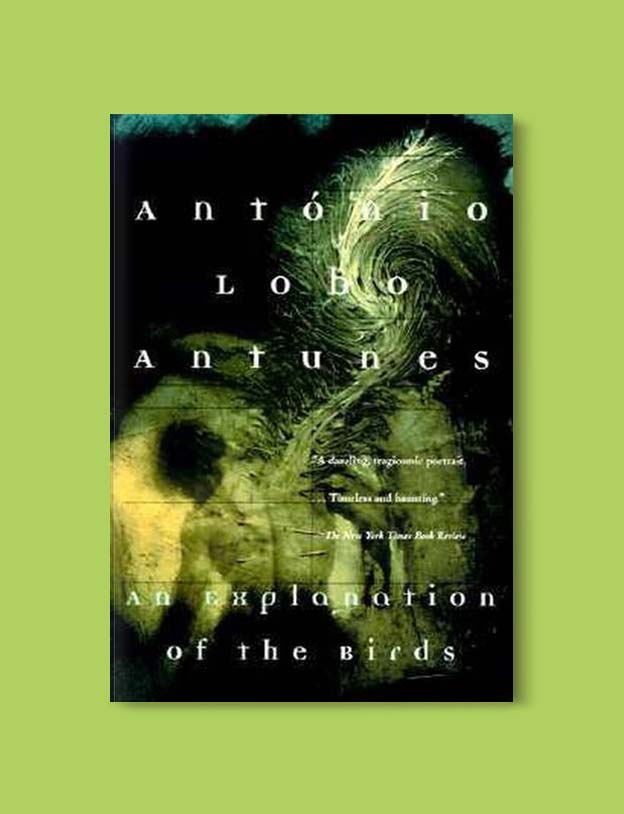
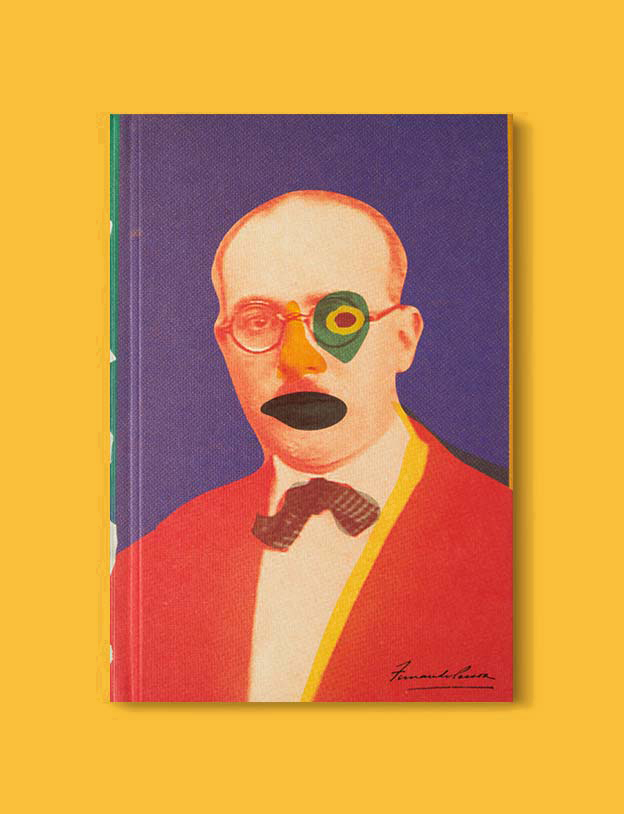
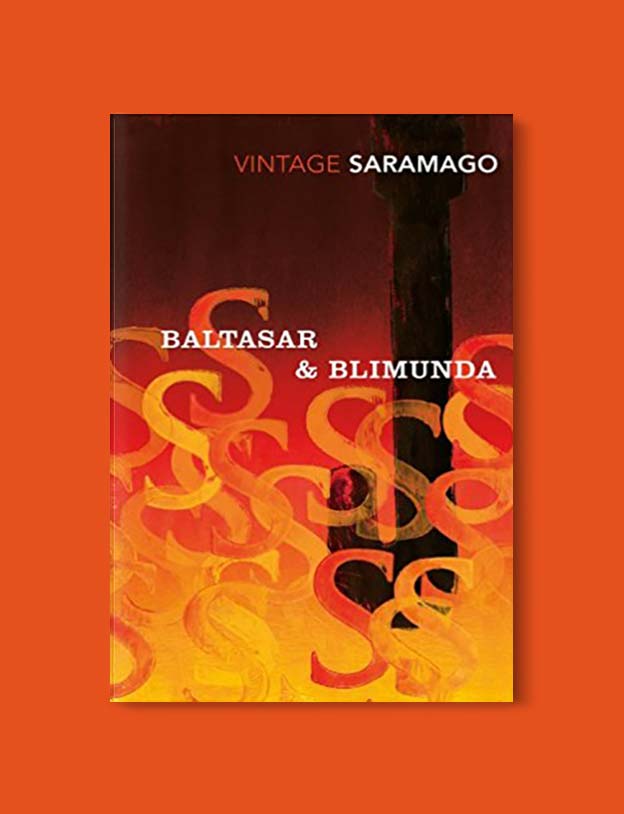
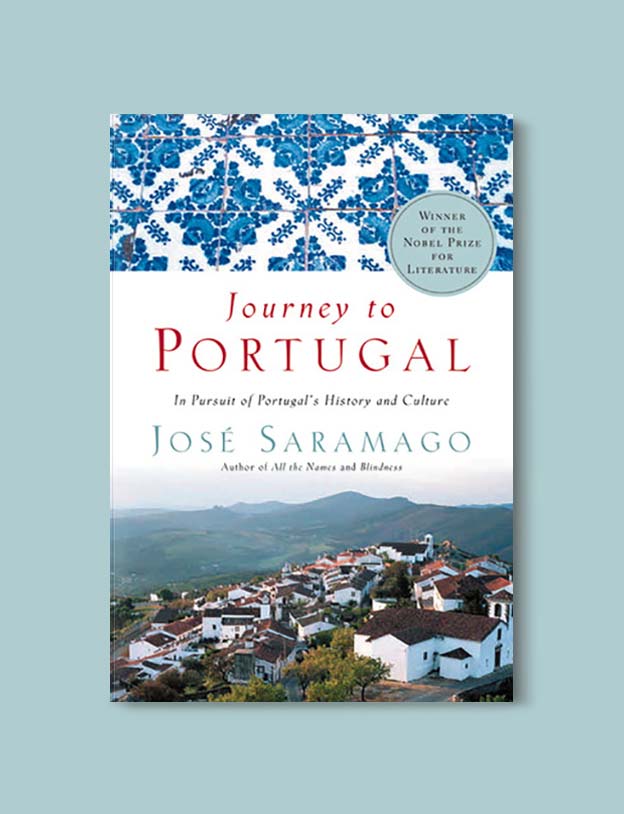
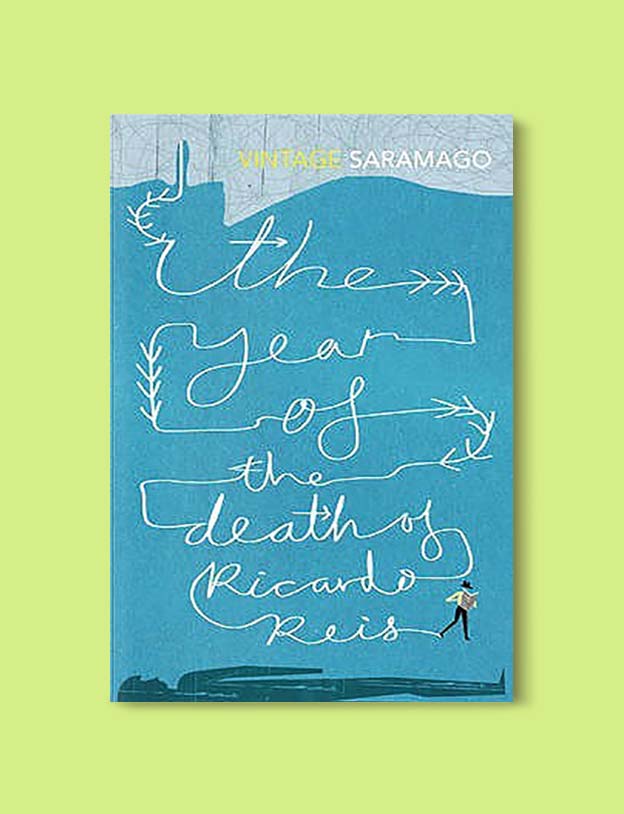
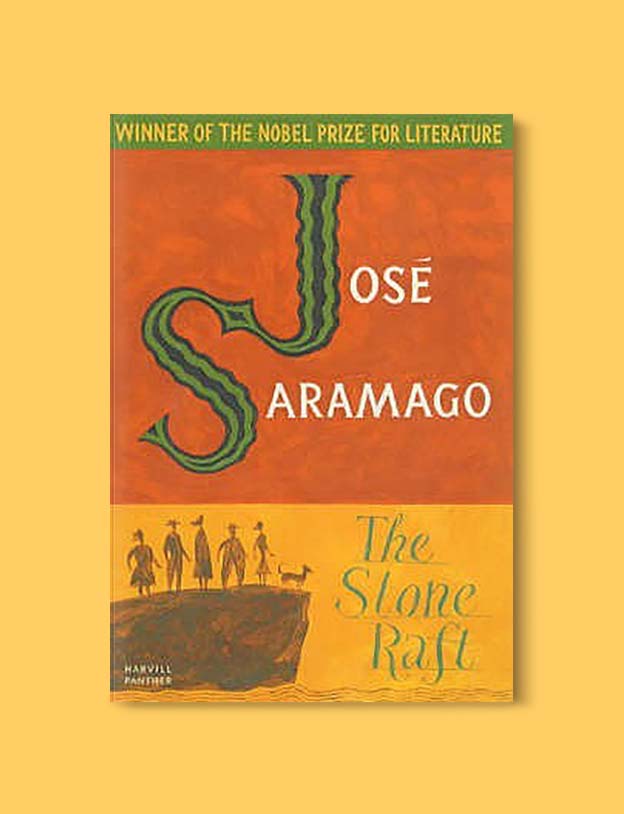
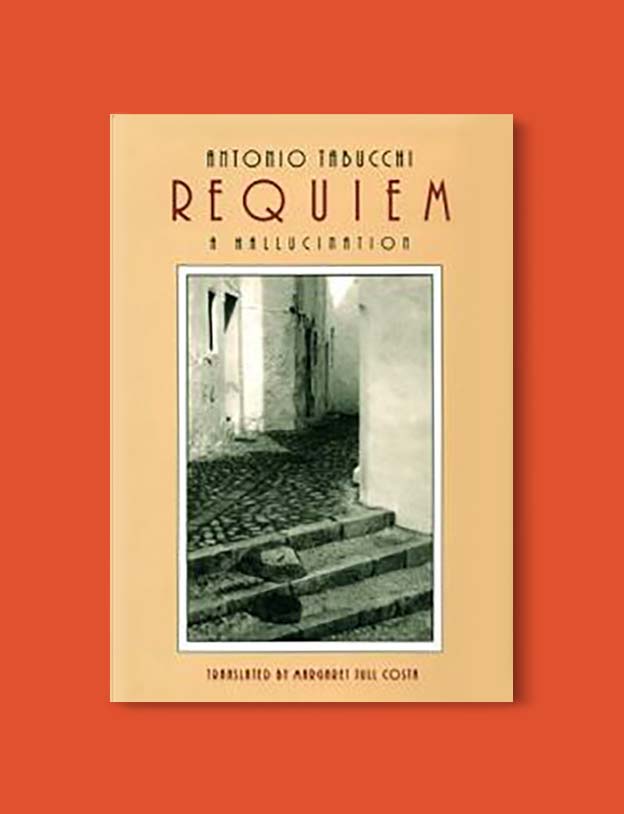
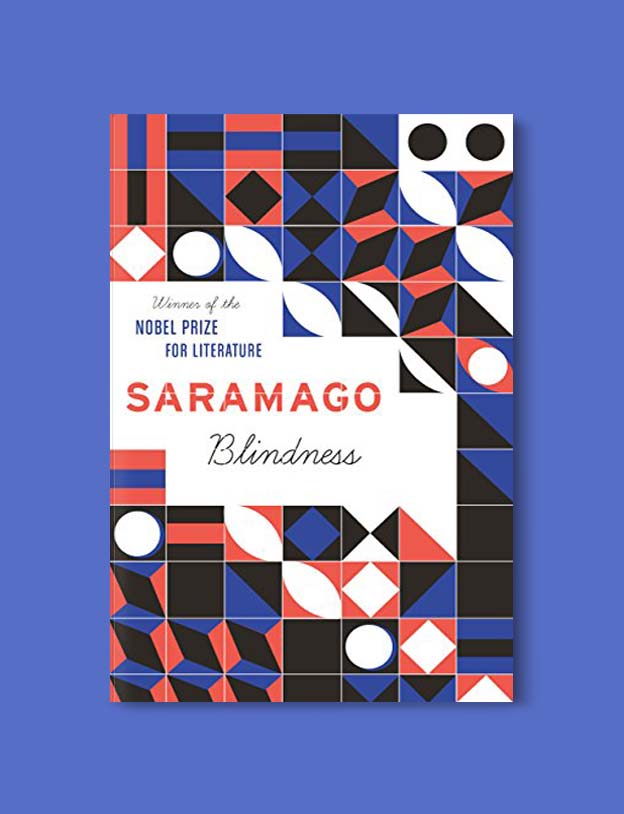
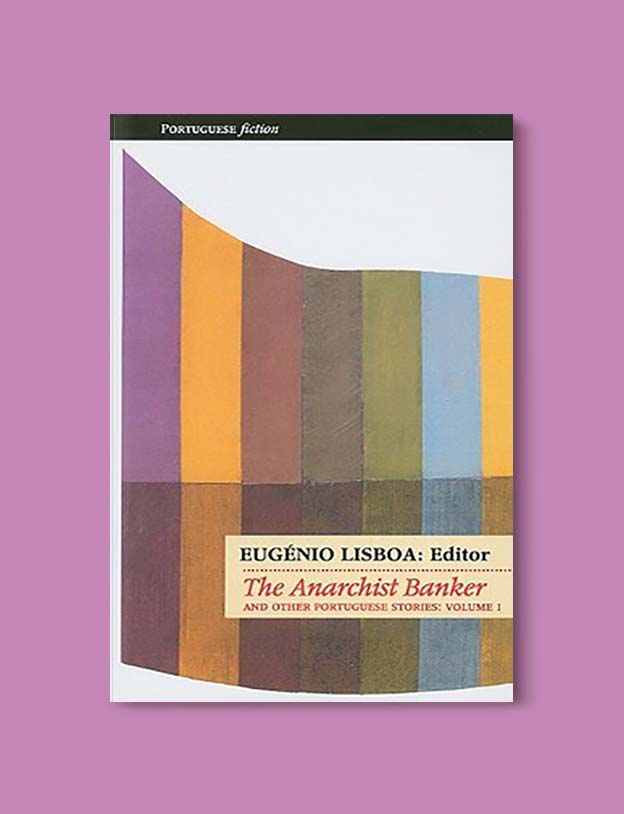
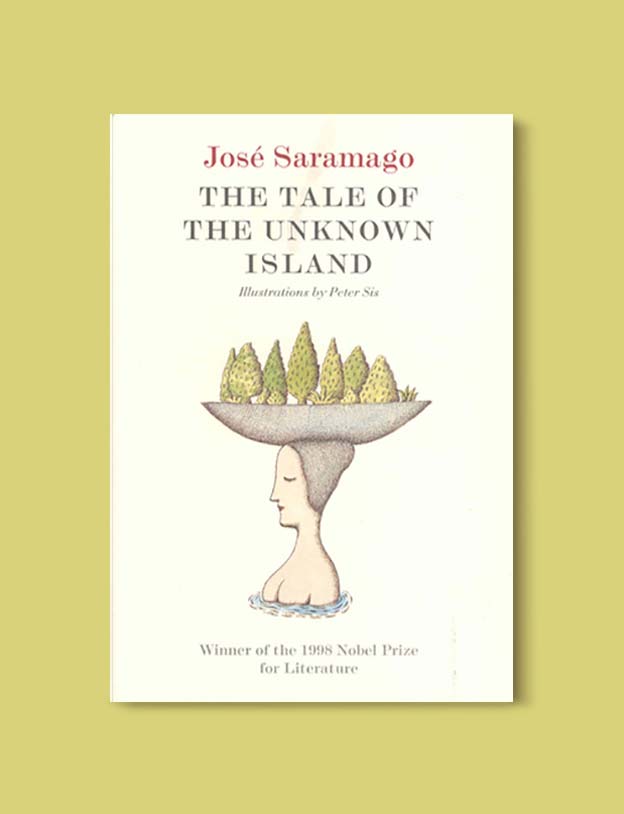
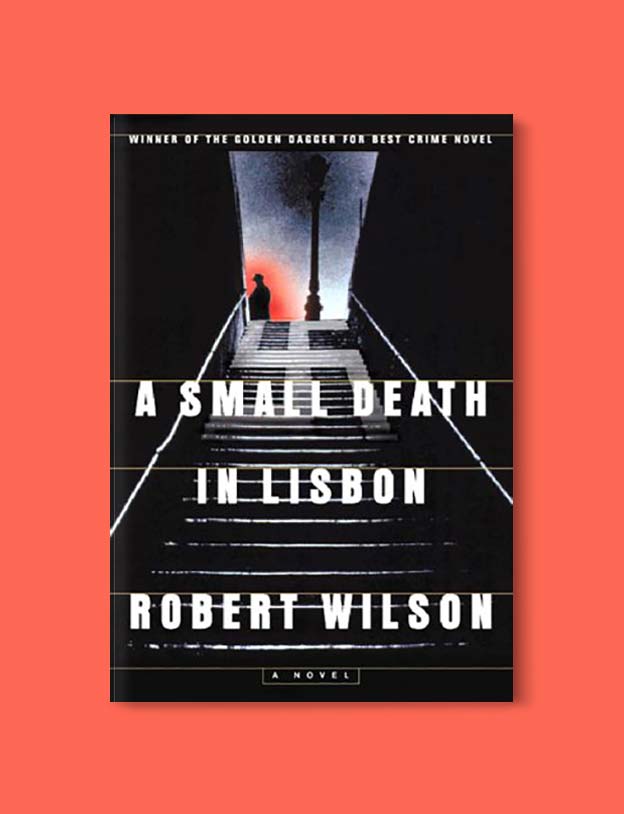



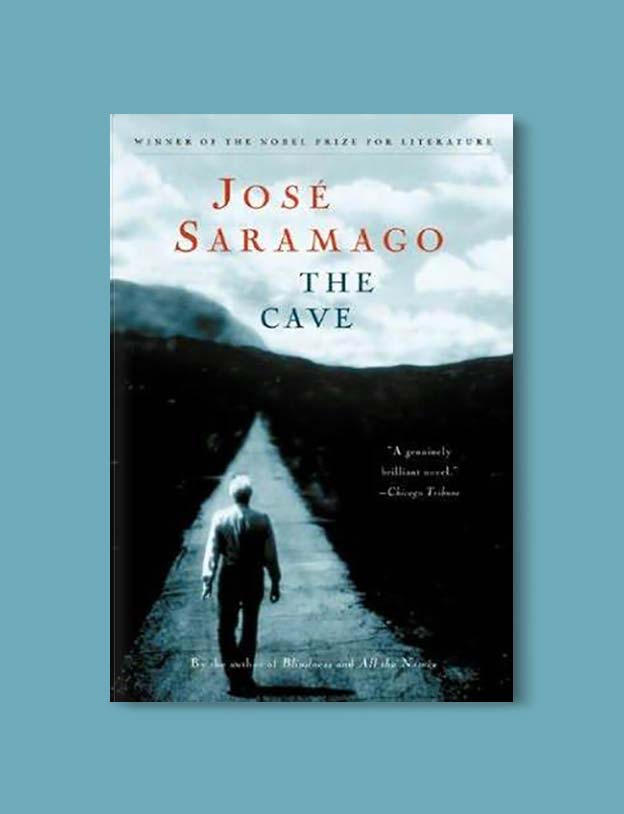
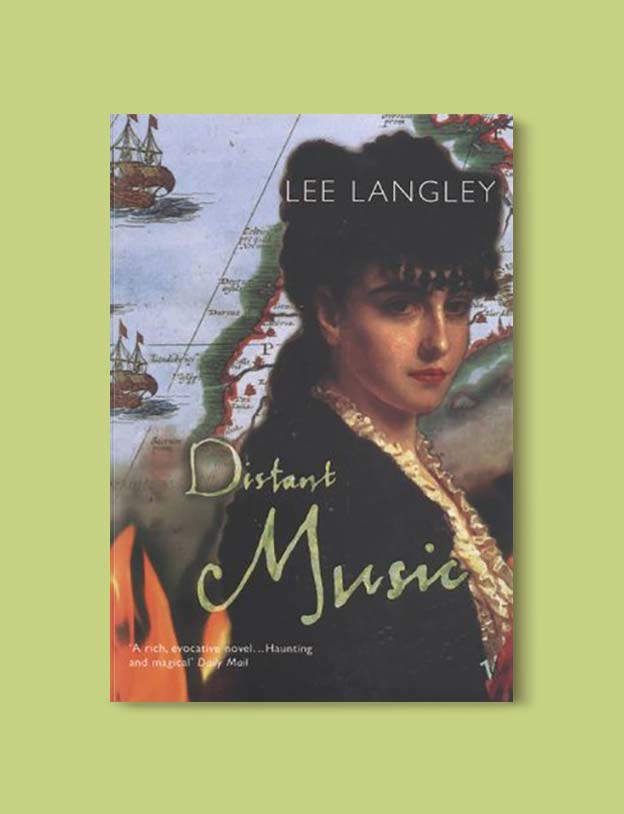

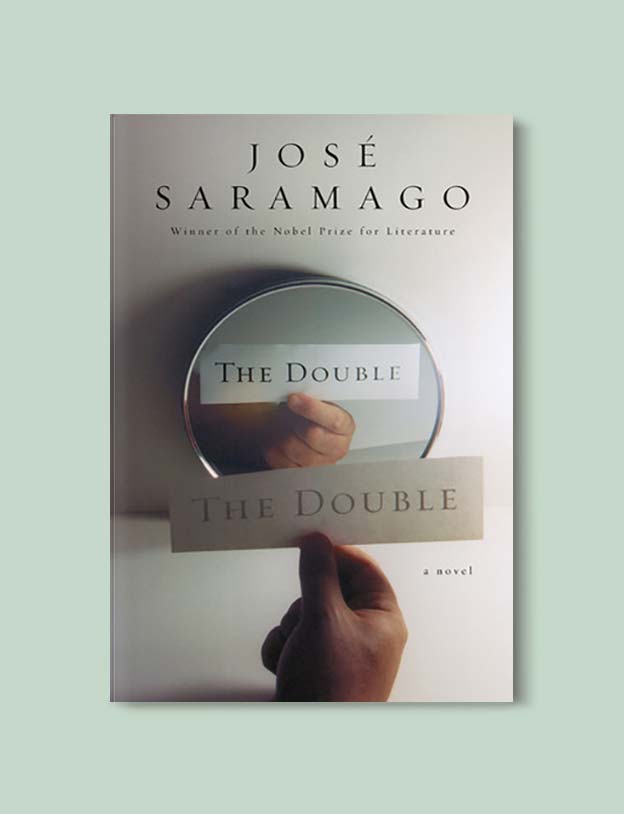
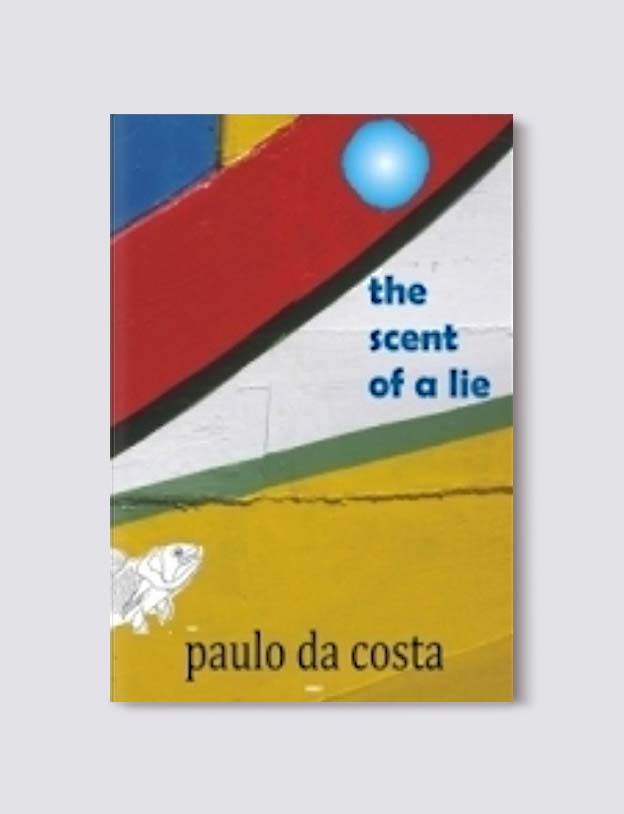
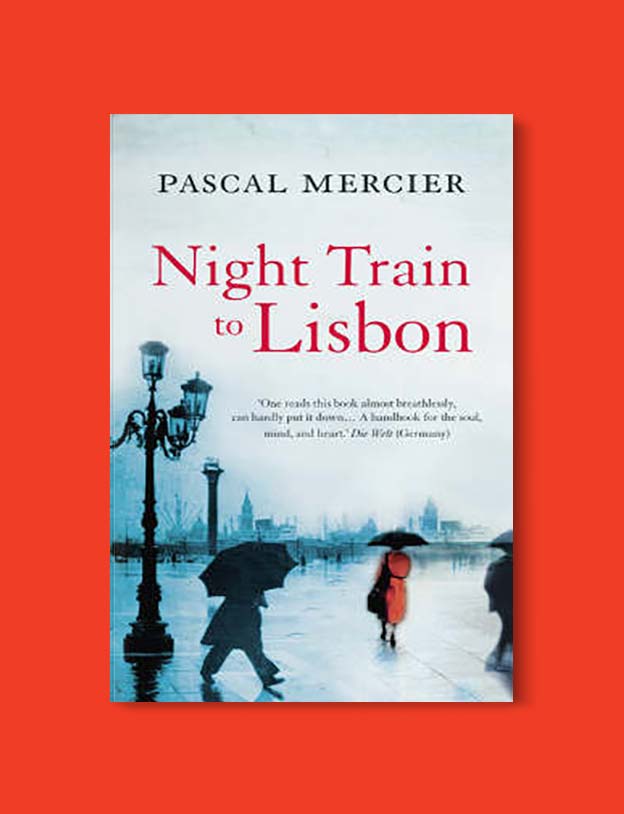
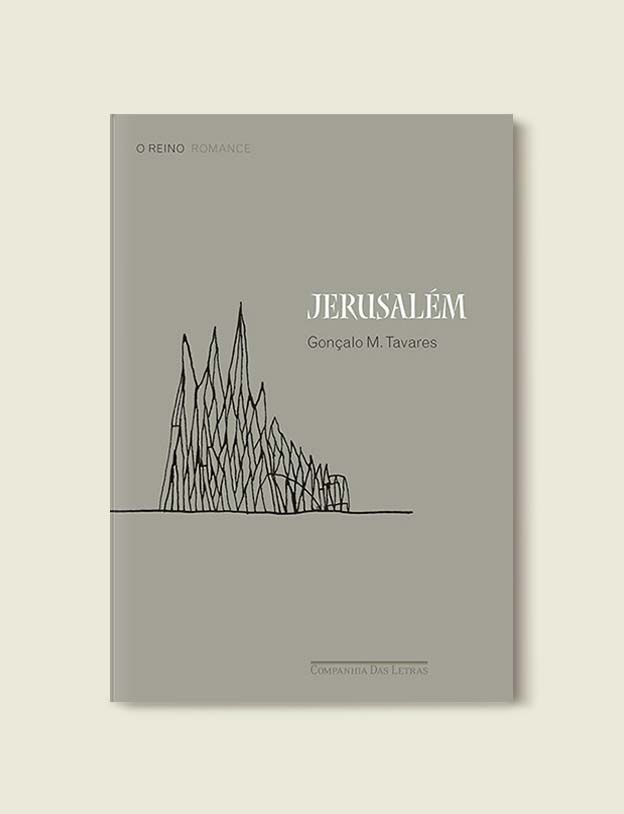
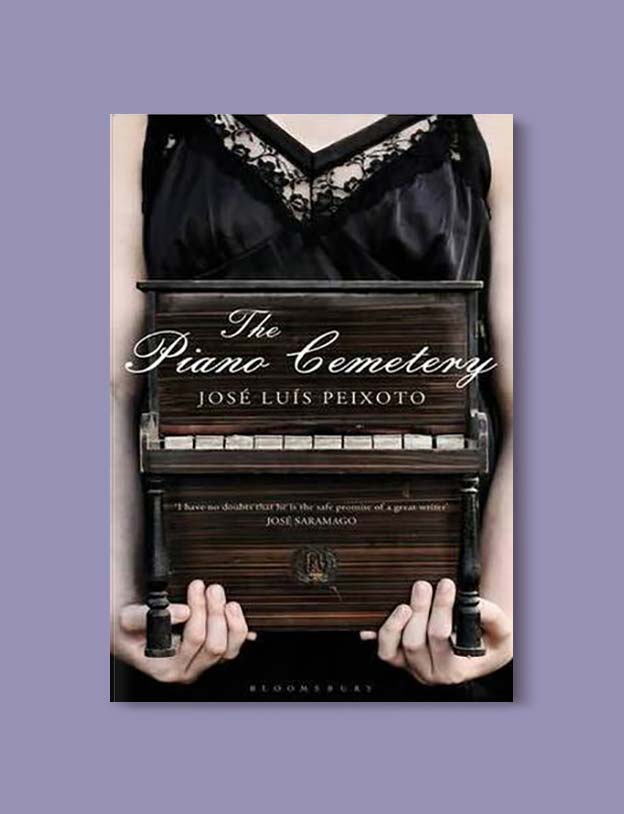

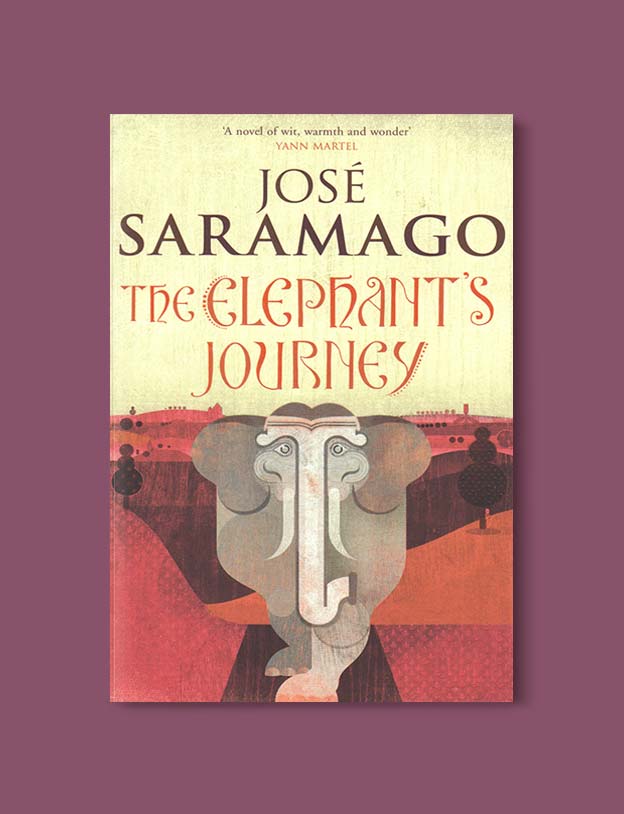
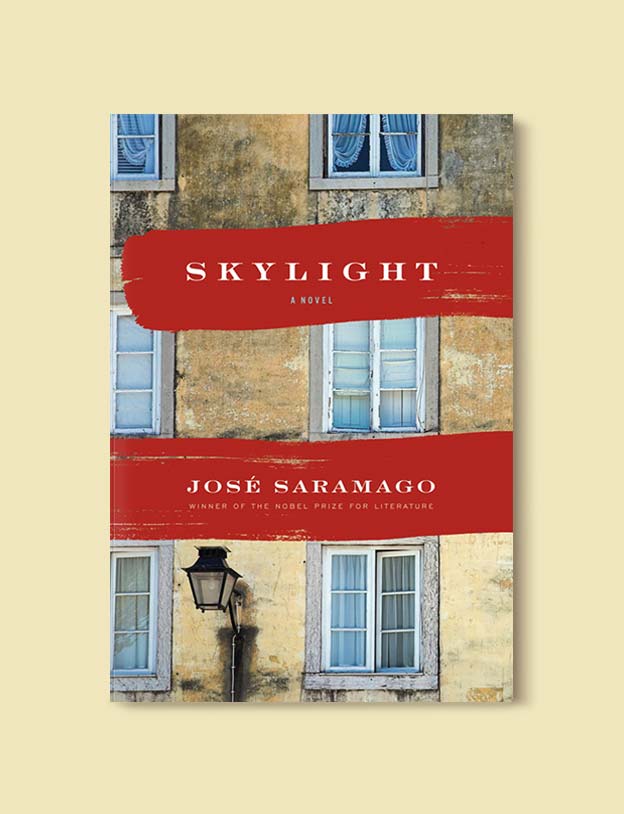
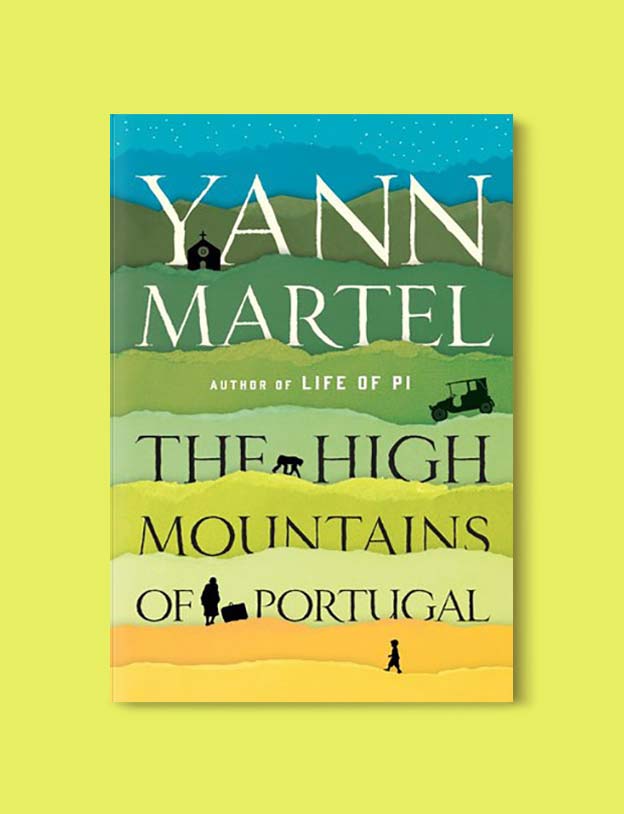
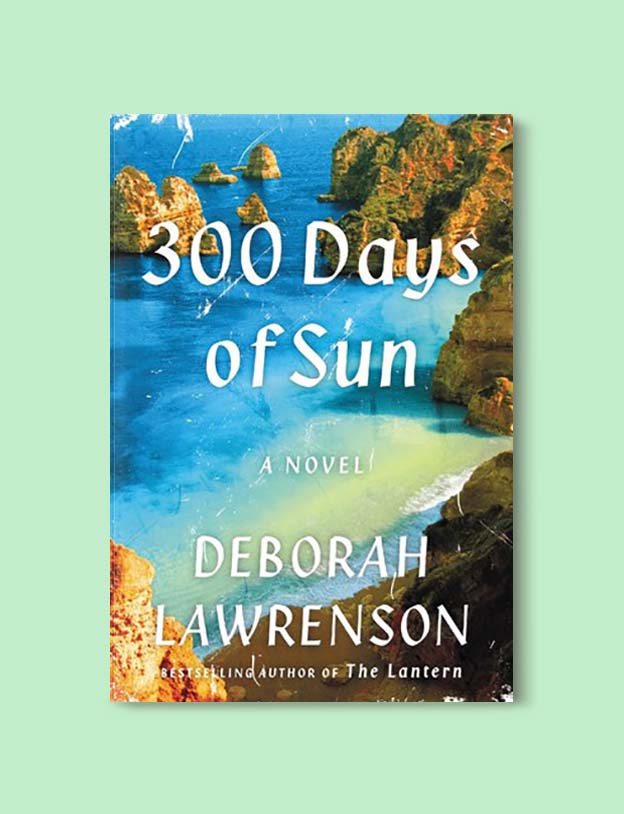
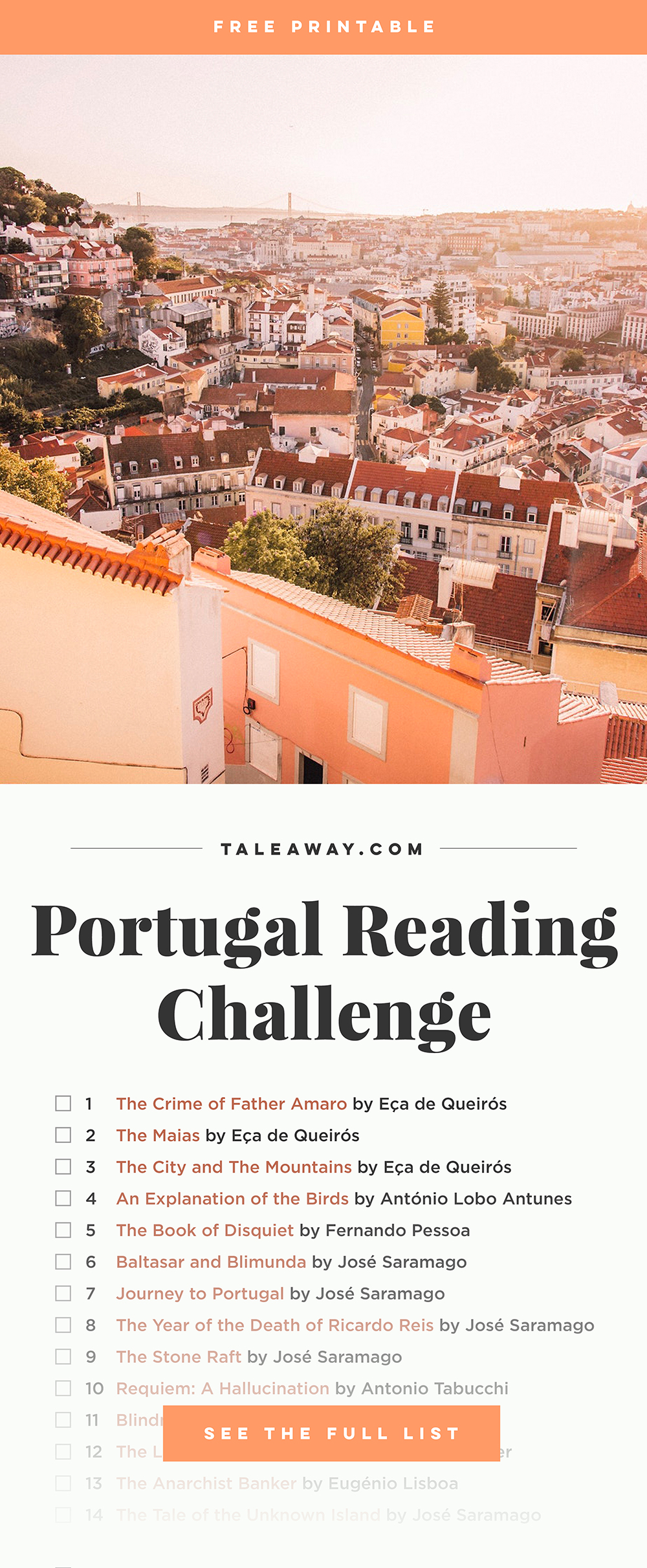
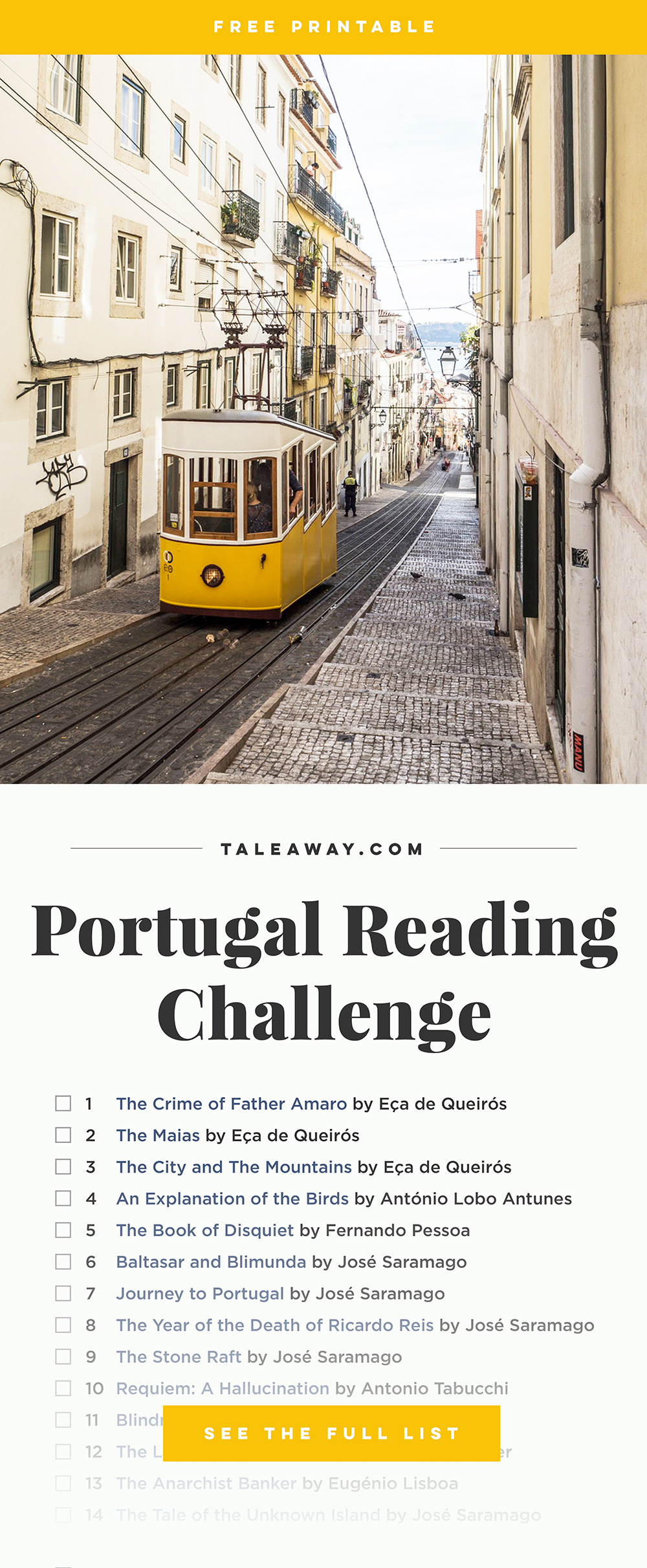






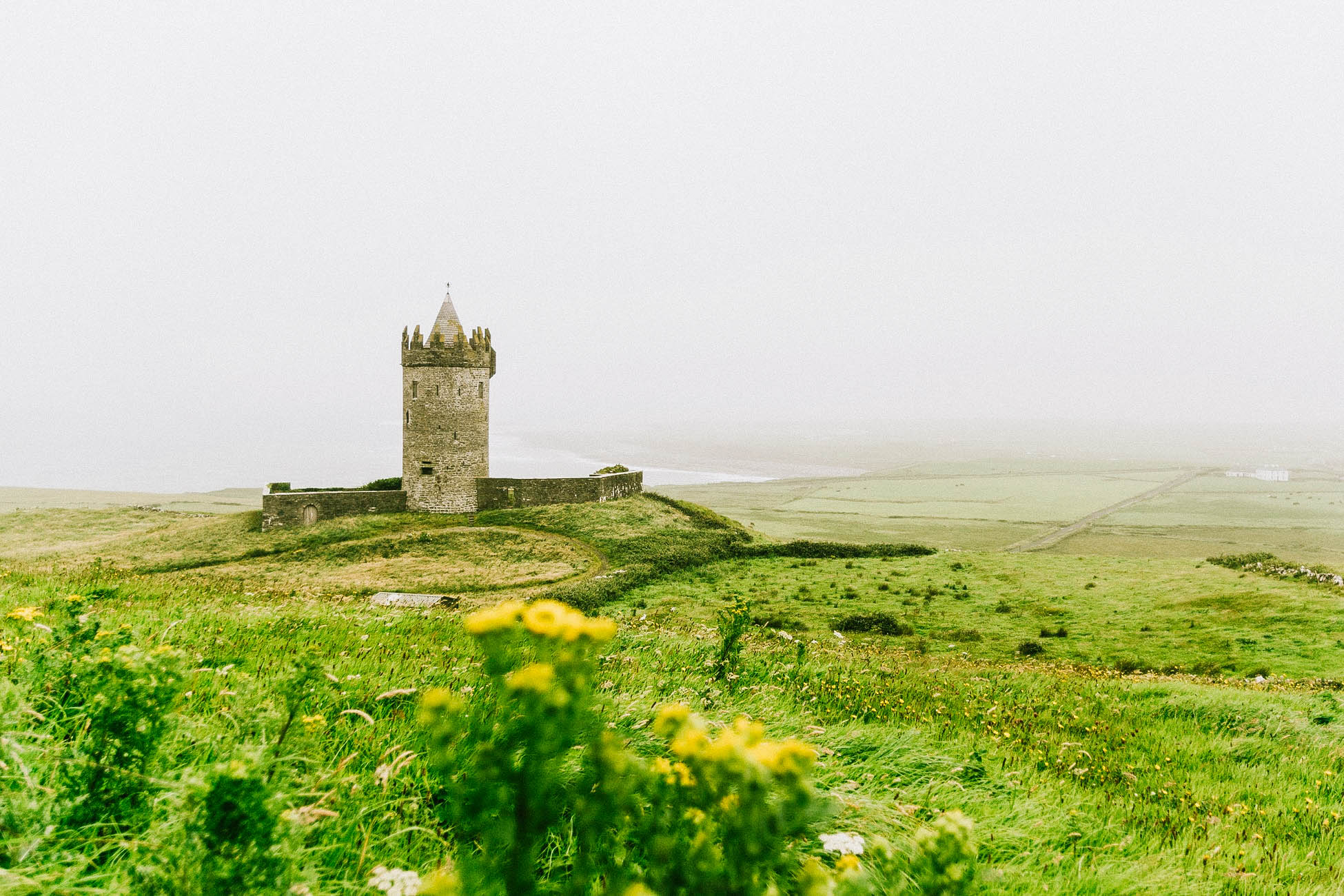
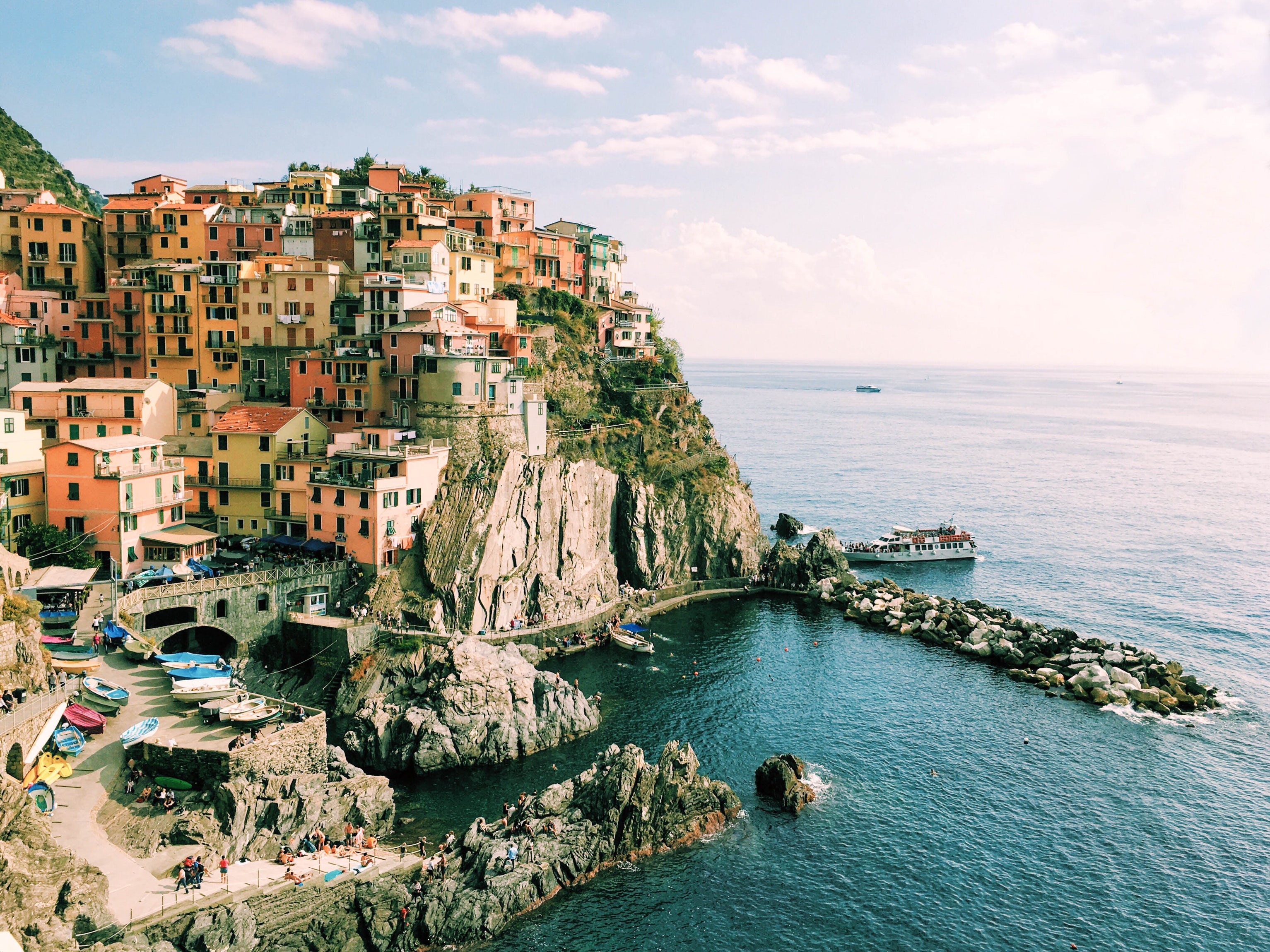


2 comments
I’m traveling to Portugal next year and I’ve been looking for a source of great books to read ahead of my trip. Thank you!!! I can’t wait to start reading!
Hi Alison, thanks for your comment! I hope you had a brilliant trip that was accompanied by some wonderful reads!